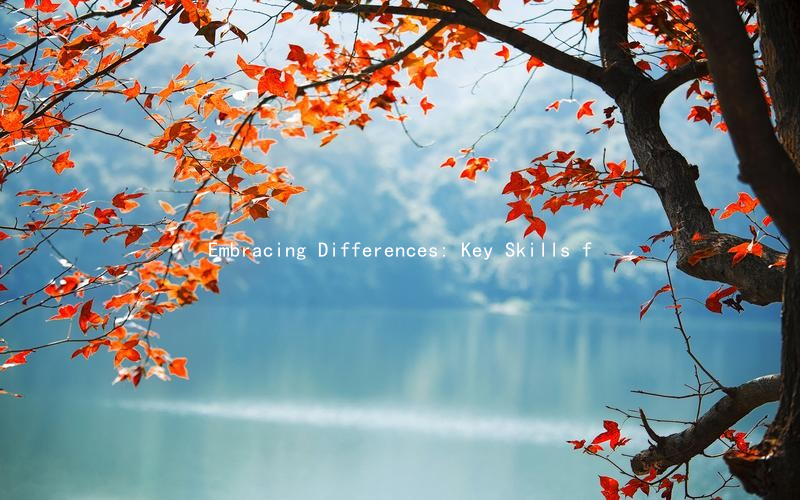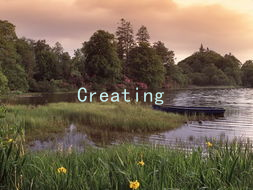Embracing Differences: Key Skills for Cultural Adaptation in Romantic and Sexual Dynamics
In an increasingly globalized world, romantic relationships often transcend borders and cultures. Embracing differences in cultural backgrounds can enrich partnerships but also presents challenges. Navigating these complexities requires an understanding of key skills for cultural adaptation in romantic and sexual dynamics. Here are some essential aspects to consider.
1. Active Listening: Building Understanding
Effective communication is the cornerstone of any relationship, especially when cultural differences are at play. Active listening involves not just hearing words but understanding the underlying emotions and intentions. This practice can help partners from different backgrounds convey their feelings, expectations, and values more clearly. When one partner speaks, the other should listen empathetically, asking clarifying questions that demonstrate genuine interest. This fosters a safe space for open dialogue, reducing misunderstandings and promoting deeper connections.
2. Cultural Sensitivity: Acknowledging Backgrounds
Cultural sensitivity involves being aware of and respecting the unique traditions, beliefs, and practices of one’s partner. Each culture has its norms around romance and sexuality, which may not always align. For example, in some cultures, public displays of affection may be frowned upon, while in others, they are celebrated. Understanding these nuances and approaching them with respect can enhance intimacy and avoid potential conflicts. It is essential to engage in conversations about each others backgrounds to create mutual respect and understanding.
3. Flexibility: Adapting to Change
Flexibility is crucial in adapting to cultural differences in romantic and sexual dynamics. Relationships evolve, and so do individual needs and preferences. Being open to adjusting your own beliefs and practices to accommodate your partners cultural background can strengthen your bond. For instance, if your partner celebrates certain traditions that differ from your own, participating in these experiences can deepen your connection and show your willingness to embrace their culture. Adaptation can lead to shared experiences that enrich your relationship.

4. Establishing Boundaries: Communication is Key
Cultural backgrounds may lead to differing expectations when it comes to boundaries in relationships. Establishing clear communication about comfort levels regarding personal space, intimacy, and other essential aspects is vital. Partners should discuss their boundaries openly, ensuring that both feel respected and understood. Recognizing that some cultures may have stricter views on relationships helps partners navigate these waters with sensitivity and care.
5. Learning and Growth: Embrace the Journey
Cultivating a relationship across cultural lines is an ongoing learning process that promotes personal growth. Partners can immerse themselves in each others cultures by exploring traditions, languages, and social norms. This openness not only enhances appreciation for one’s partner but also fosters a sense of collaboration in navigating differences. Celebrating milestones from both cultures can create shared experiences, reinforcing the bond while acknowledging unique backgrounds.
6. Seeking Support: Knowing When to Reach Out
In some cases, couples may encounter challenges that feel overwhelming. Seeking support from counselors or therapists who specialize in multicultural relationships can provide valuable insights and tools for navigating complex dynamics. These professionals can facilitate discussions and offer strategies to bridge cultural gaps, equipping couples with the skills needed to thrive in their relationship.
In conclusion, embracing cultural differences in romantic and sexual dynamics enhances relationships, making them richer and more rewarding. Active listening, cultural sensitivity, flexibility, establishing boundaries, and openness to learning are vital skills for couples navigating these complex waters. By fostering an environment of respect and understanding, partners can create a robust, fulfilling relationship that bridges cultural divides and celebrates their unique journey together.





